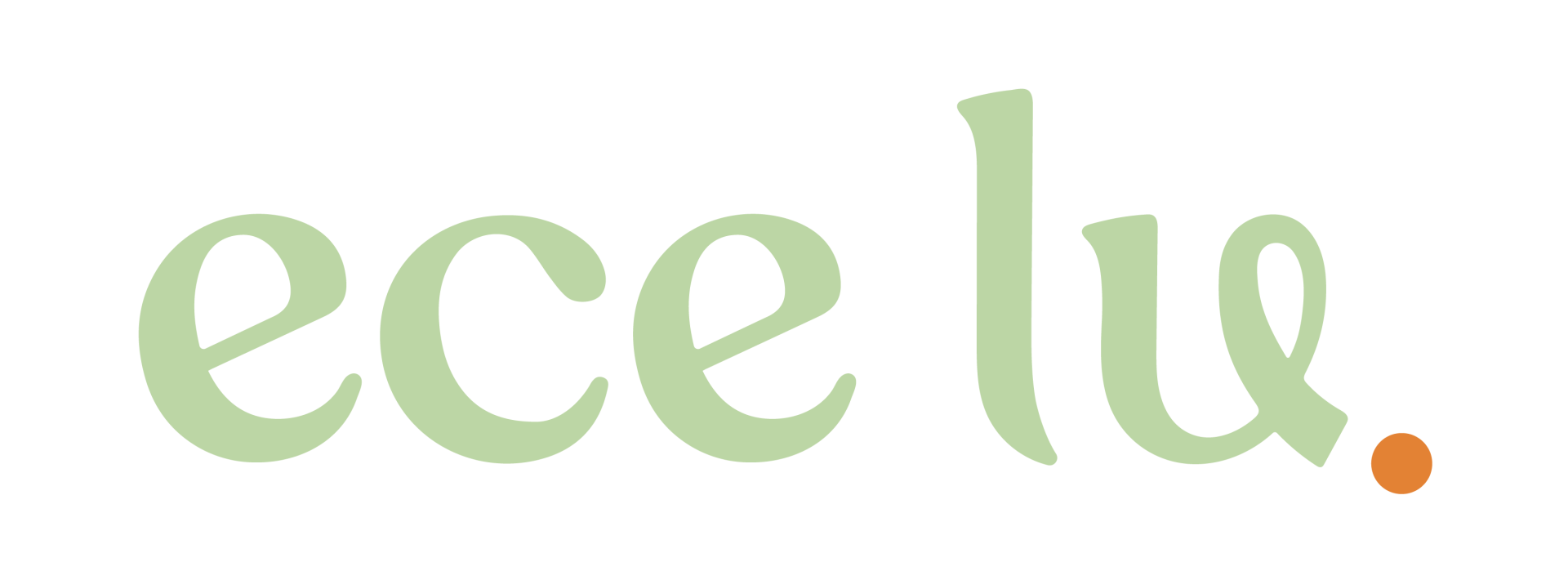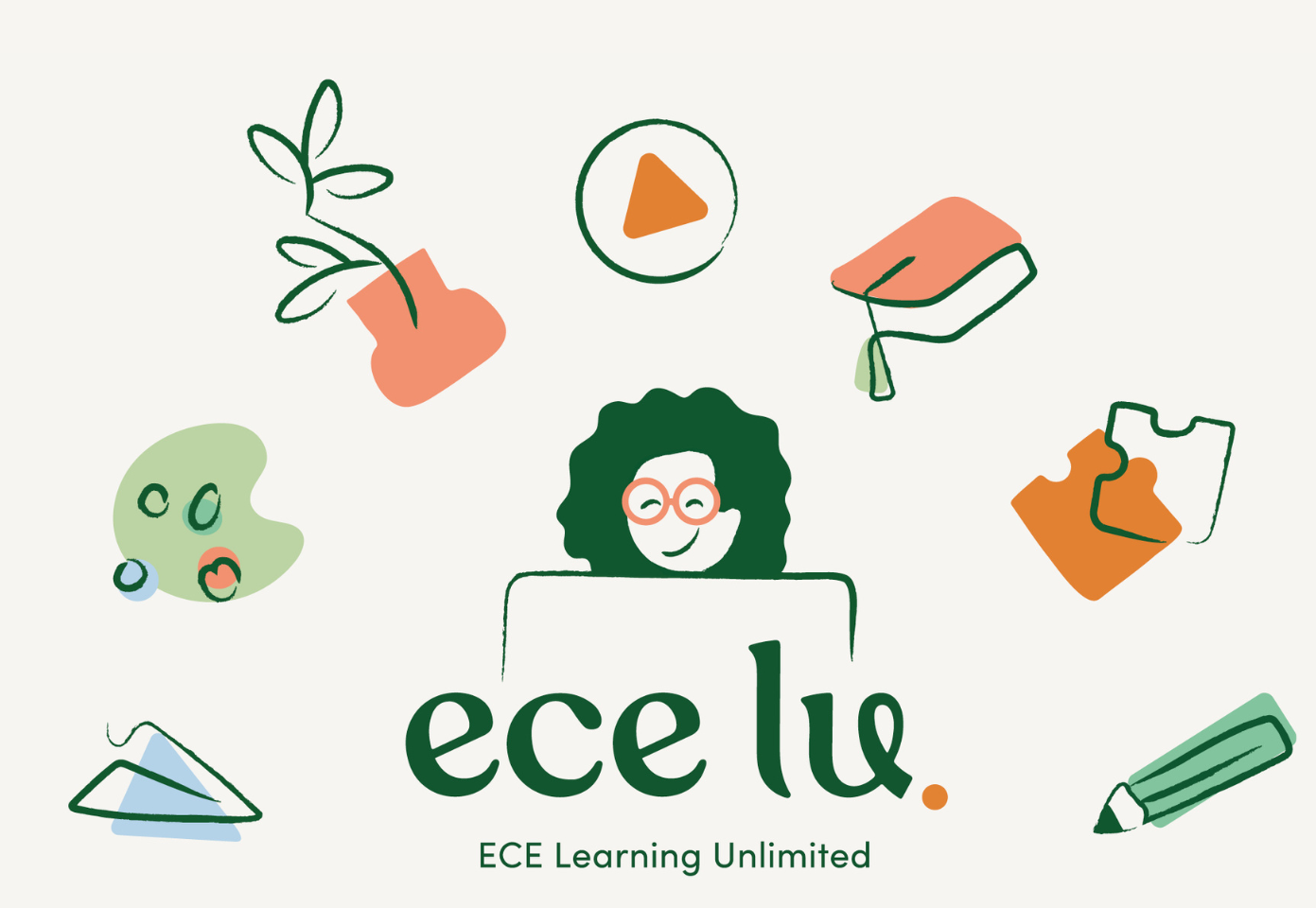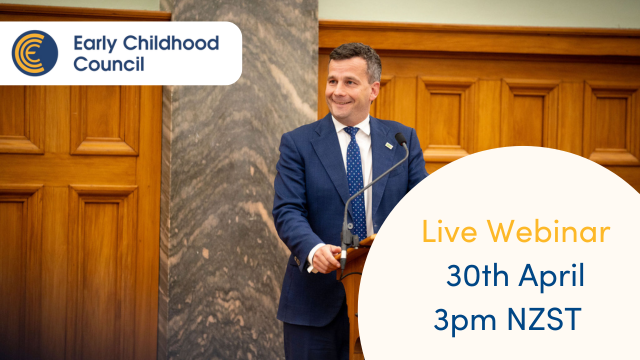“The connection among souls is ultimately what education is about. There is no single right way to do it, no blueprint. But there are paths to the souls of students that are open to every teacher, in every classroom in every school.” R. Kessler (2002)
I’m a baby and toddler watcher and I bet a lot of you are as well. When I’m out and about, particularly in the supermarket, I love watching babies and toddlers as they go about their daily lives. I love the secret smile you can get, the little wave or just that ‘stare’ (probably thinking that’s a funny lady). That sense of connection can be very special, but of course you would never call it a relationship, it is but a moment in time.
However, it shows me how infants and toddlers are looking for connections, are puzzling over people and enjoying (mostly) a random smile and a fleeting contact.
Over my years in early childhood, I have been privileged to be invited to many ECE centres to support teacher development and to help with the implementation of infant and toddler programmes. These opportunities gave me the ability to be able to stand back and watch babies and toddlers engage in their daily ECE lives, to see their curiosity, their secret smiles and friendly eye contact. But sadly, it was during these times that I also saw what I called the lost children. These children were often on the periphery of the room pottering on their own. I would observe these children attempting to connect with their teachers, but their cues were often not noticed and consequently were missed by the teachers.
What I observed during these times were well meaning teachers who were trying to do the best they could, but were often constrained in discovering, or finding the “gift” in these children by their organisational cultures that prioritised tasks (rosters, duties) over relationship development opportunities.
I wondered if it was because no one was specifically responsible to ensure that this child had a meaningful connection/relationship, and consequently they became lost in the clutter of tasks and duties of a busy early childhood centre? This was the starting point for my deeper investigations into relationship development between infants, toddlers, and their teachers in ECE.
The more I studied the more I understood the absolute importance of intentional relationship development and that relationship development should not be left to chance; however, this means we as early childhood teachers need to consider what tools we need to have in place to support relationship development. We need to have policies, practices, and philosophies that all align with a commitment to relationship development.
The development of a relationship between you and a baby/toddler in your early childhood setting is a core role as an infant and toddler teacher it is also both a privilege and a huge responsibility, and yet how often do we think about and prepare for this relationship development? Are we just expecting it to happen by osmosis, are we preparing ourselves to open our hearts and minds, to be present in time and space so that these relationships can grow and flourish? We worry about the paperwork; we get bogged down with expectations and requirements when we should be putting all our energy and passion into creating relationships.
The type of relationship to look for between the teacher and the infant and /or toddler are where the child develops a secure base to explore from and return to. This ability to leave their trusted caregiver and then return to them whenever needed is where the child develops a sense of trust in her environment and where they come to understand that someone in particular is going to be there for them, and the interactions experienced will be consistent, sensitive and responsive. This enables the child to develop a concept of themselves as being worthwhile and of value, where they are able to connect meaningfully with someone with whom they can return to for protection, engage with in moments of pleasure and where the development of shared understandings (a meeting of the minds) can occur.
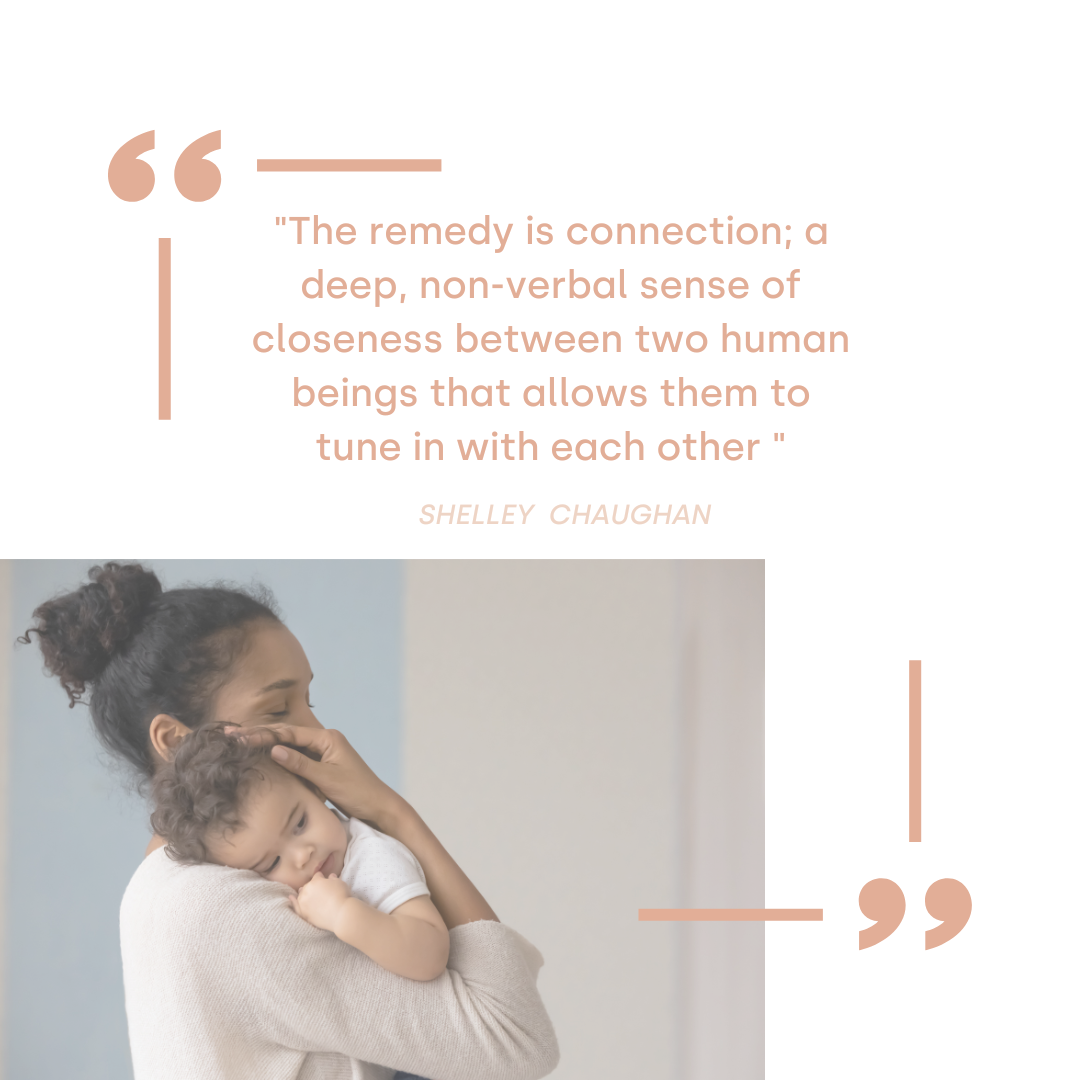
The development of secure relationships between teachers and children is reliant on the teachers having an intentional focus on relationship development, along with the back- up of organisational practices or programmes that are specifically designed to support teachers’ abilities to create relationship development opportunities. This intentionality of practice would include: having consistent teachers available to specific children, where they can deliberately make time to be ‘present’, to respond consistently and sensitively to the infants and toddlers changing needs and preferences.
Centres would have specific programmes developed to ensure teachers are able to engage in daily routines that build a sense of safety and security and engage in interactions to promote heightened levels of intimacy. Such relationships are facilitated through a sophisticated reading of children’s body language, and a thorough understanding of the very subtle cues given by children of this age; in-tune teachers who truly know the children they care for are more able to quickly and correctly pick up on these subtleties. These types of relationships are complex and go far deeper than just meeting a child’s immediate needs. They are deep, meaningful and key life experiences.
The development of these types of relationships takes time and skill to develop and it is important for teachers to understand their role in the development of relationships. Teachers require understandings of the complexity of relationship development and the part they play in managing both the time and the intentionality of the relationship development process.
It is of vital importance for teachers to recognise that a significant part of their teaching role is the development of safe and secure relationships with the infants and/or toddlers with whom they work. These relationships require positive responsive and accepting interactions. In order to do this teachers need to be able to work collaboratively with their colleagues and families/whānau as these relationships are being built. It is in the skilled relationship that the child grows and develops abilities that will last a lifetime.
So how do we do this? If we go back to the beginning of my story you will see how eye contact and smiles engaged a child in a but a moment of time and space, what we need to think about is engaging with the child across time and space. Here are a few tips for creating and thus sustaining relationships between teachers, infants and toddlers in ECE settings. But before you look at these, please read the blog written by Angela Bush (Ten strategies for settling new infants and toddlers). This blog highlights beautifully how relationships are started from the very beginning of the child and families/whanau journey into early childhood settings.

1. Consistent Teachers
2. Care Routines
We must avoid playing pass the baby/toddler. This is done by having a consistent teacher, one who will learn the child’s subtle language and cues. This teacher will take the lead in the care and routines of the child spending uninterrupted time together as they learn about each other. This teacher will create security by teaching trust, by being dependable, available and consistent. This secure base is in essence an opportunity for infants and toddlers to refuel, to fill their emotional cups. The child initiates this refuelling as they touch base with their key teacher like a touchstone thus giving them the courage to continue independently exploring.
2. Care Routines
Routines are curriculum in an infant and toddler space. Teachers involve infants and toddlers in all care routines, they do things WITH the child not TO the child and don’t work around the child or distract them to get the job done faster, thus allowing the child to become an active participant rather than a passive recipient. It’s important to avoid rosters/duty lists or daily responsibilities, such as being rostered on nappies, outside, inside etc. This practice ensures consistency for the child and reduces the amount of ‘hands and faces’ the child is exposed to. Teachers should not rush the infant/toddler during these care routines, but slow down and communicate with them. A key mantra for all infant and toddler teachers should be: SLOWLY SLOWLY SLOWLY.
3. Time
“pay full attention part of the time as opposed to half attention all of the time” (Magda Gerber).
Teachers should not be ruled by the clock or by roster expectations. The teacher should manage the day to day needs of the children in their group. They should use their initiative and intuition to guide their practice, negotiating with colleagues OFTEN. Teachers determine where they need to be, based on their knowledge of the children and families/whanau in their group, and they manage their break times in conjunction with colleagues. Teachers should Invest in quality time when they are totally available to individual infants and toddlers,
“pay full attention part of the time as opposed to half attention all of the time” (Magda Gerber).
4. Respectful practices
Teachers invite children to engage, offering ‘real’ choices supporting the children in their explorations and avoiding unnecessary intervention, thus insuring children are active participants in their learning and development. Teachers are actively and intentionally emotionally present. This means that teachers will always speak with an infant to inform them what they are about to do with them. For example, a teacher will tell the child they are going to pick them up and give them a moment to prepare. Teachers should understand that infants may not be comfortable being held by strangers and do not pass them around a large group of people. Teachers should understand body autonomy and not force children into positions that are uncomfortable or distressing for them.
There is such a lot of research now that has demonstrated that close and affectionate relationships between infants/toddlers and teachers within early childhood settings are of vital significance. This is because it is within these relationships that infants and toddlers cognitive, emotional, and physical health is promoted and protected. It also in these close foundational relationships that children develop adaptive emotional regulation and individual self-concept.
There is such a lot of research now that has demonstrated that close and affectionate relationships between infants/toddlers and teachers within early childhood settings are of vital significance. This is because it is within these relationships that infants and toddlers cognitive, emotional, and physical health is promoted and protected. It also in these close foundational relationships that children develop adaptive emotional regulation and individual self-concept.
These relational experiences form the blueprint for the way children and adults approach and negotiate current and future relationships. Therefore, we must, as infant and toddler teachers, have an intentionality of focus on the relationships we are (or are not) creating with the children with whom we work. The following quote from Urie Bronfenbrenner really hits home and reminds us that everyone needs someone to be crazy about them, regardless of who they are.
“In order to develop normally, a child requires progressively more complex joint activity with one or more adults who have an irrational emotional relationship with the child. Somebody’s got to be crazy about that kid. That’s number one. First last and always”. Urie Bronfenbrenner
A good question to ask your team could be;
- Do we have a ‘plan’ to specifically create relationships?
- If so how is it working?
- If not how could we develop this?
Keep on smiling at those babies and toddlers at the supermarket.
Relationships are all.
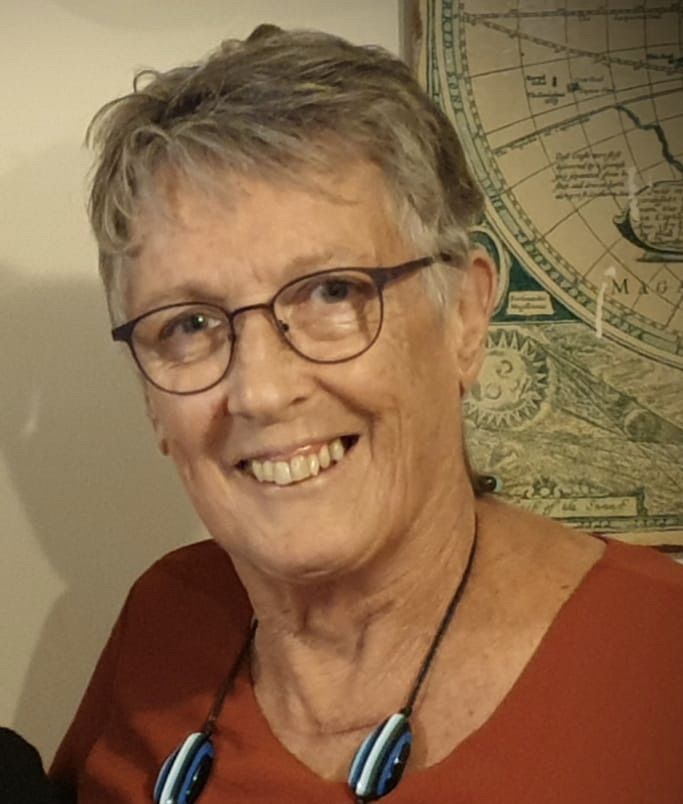
Written by
Raewyne Bary
(EdD)
Raewyne has an ENORMOUS amount of experience and knowledge in ECE, Primary Caregiving and RIE philosophy. Not only that, but Raewyne has completed a PhD, and her research focus was on the impact of organisational culture on the ability of teachers to form attachment type relationships.
It was through this mahi that Raewyne deepened her understanding of how rosters can and do impact on relationship development.Raewyne was also part of the team at Massey University Childcare Center who was a leader in the field at implementing primary care giving, and who has shown us all that we can in fact work without rosters in an infant toddler space, and that this is best practice for this age group.
She has also been part of a three year Center of Innovation research project which explored leadership impacts on outcomes for infants and toddlers. This was further connected to the center's community of practice philosophy where the team worked without rosters, in a primary care system.
Share your thoughts...

Need more?
Never miss a blog
Join our mailing list and keep up to date with new releases
Thank you!
